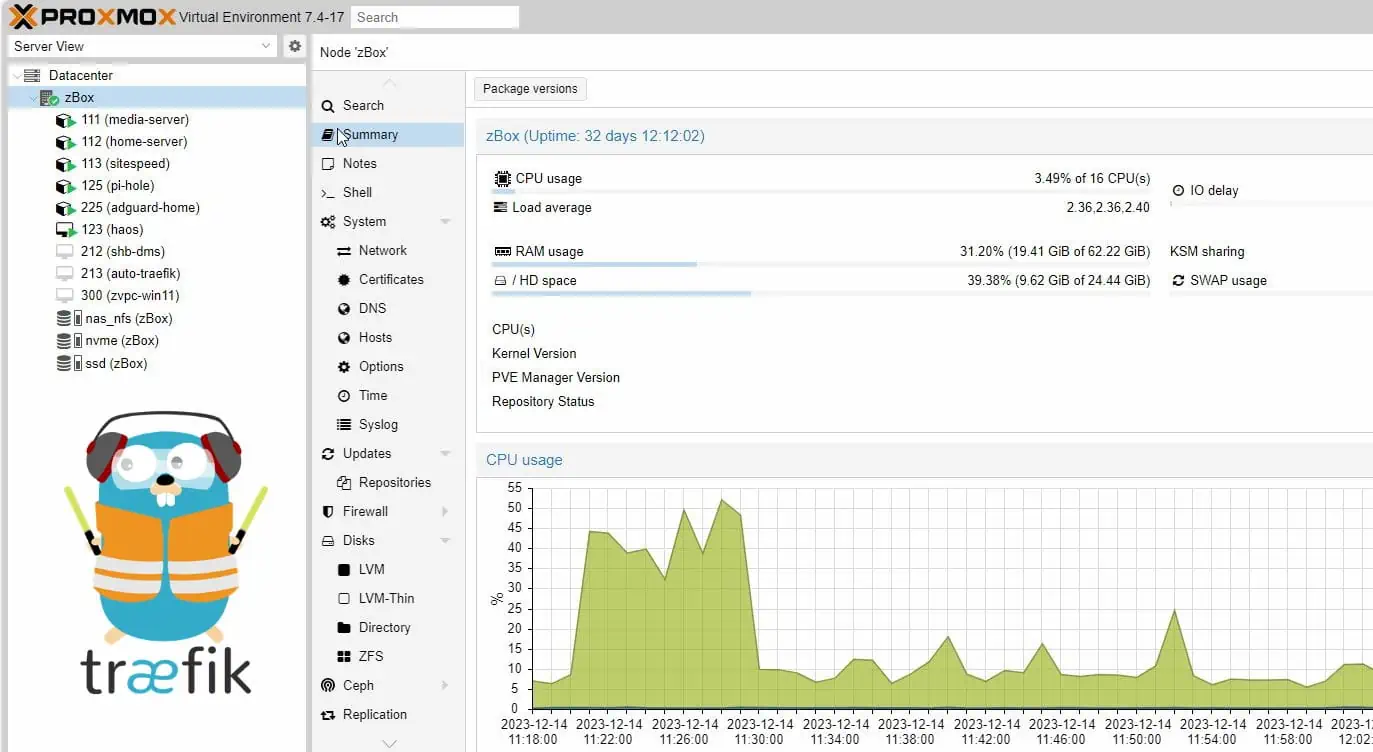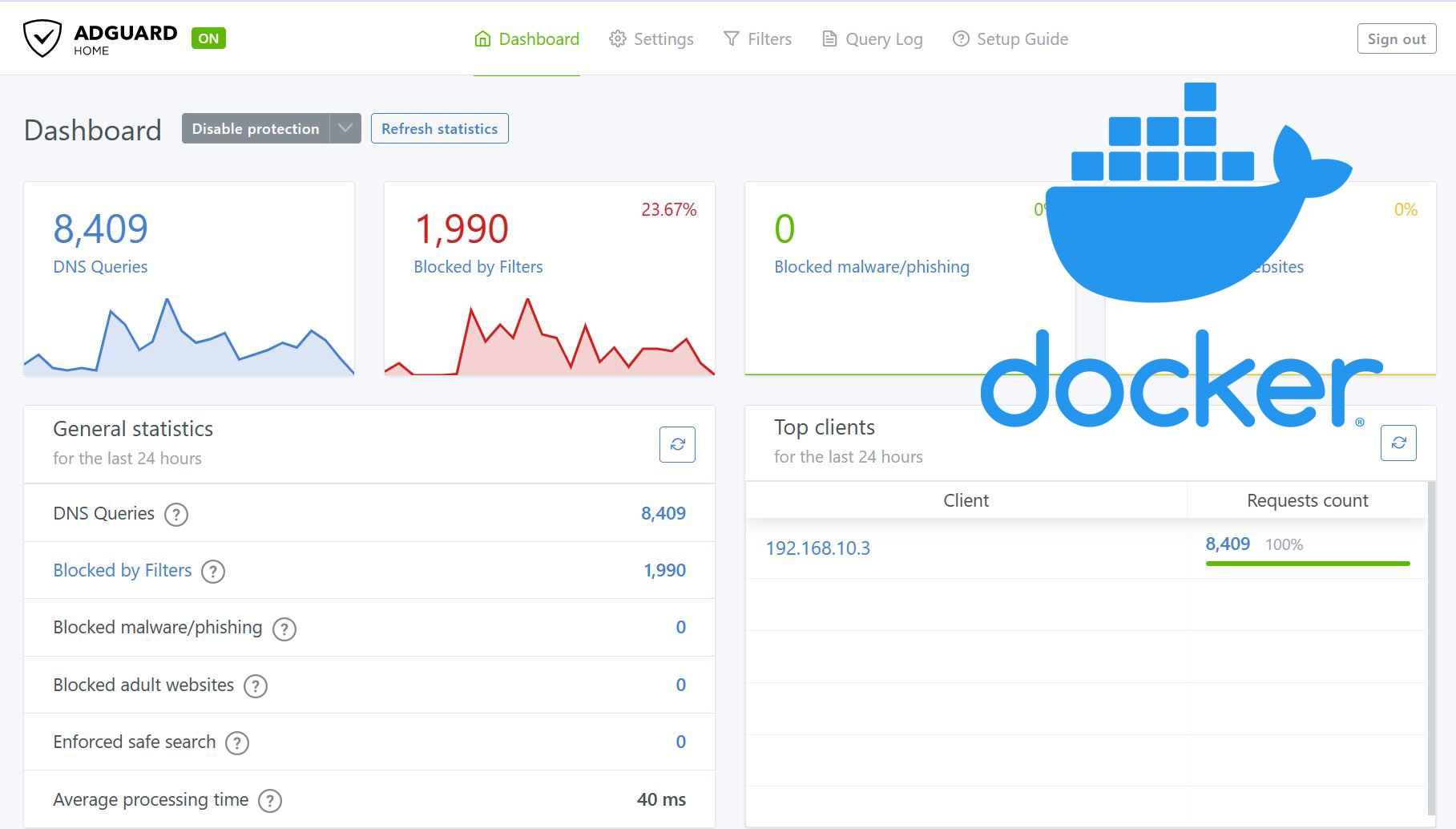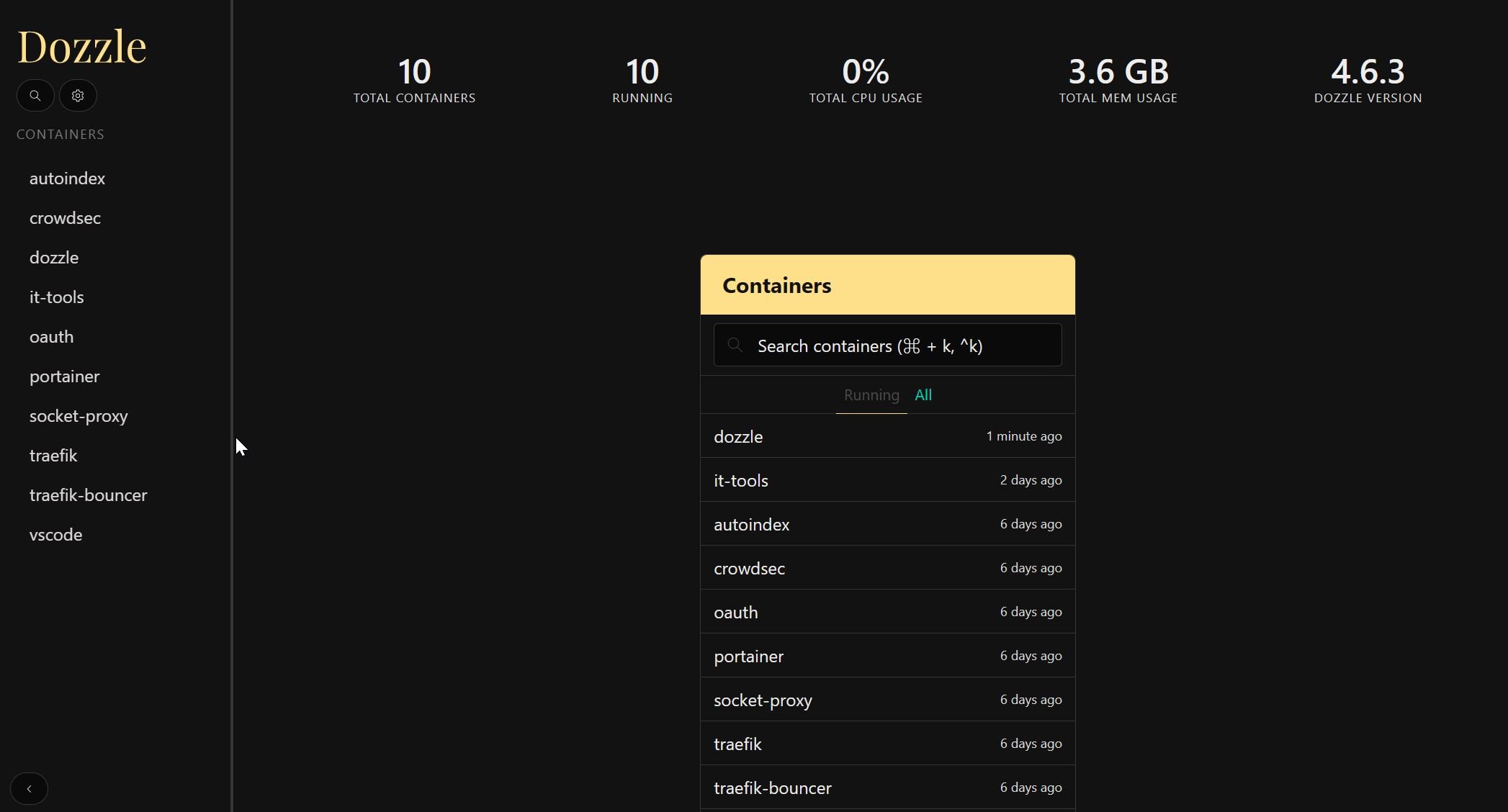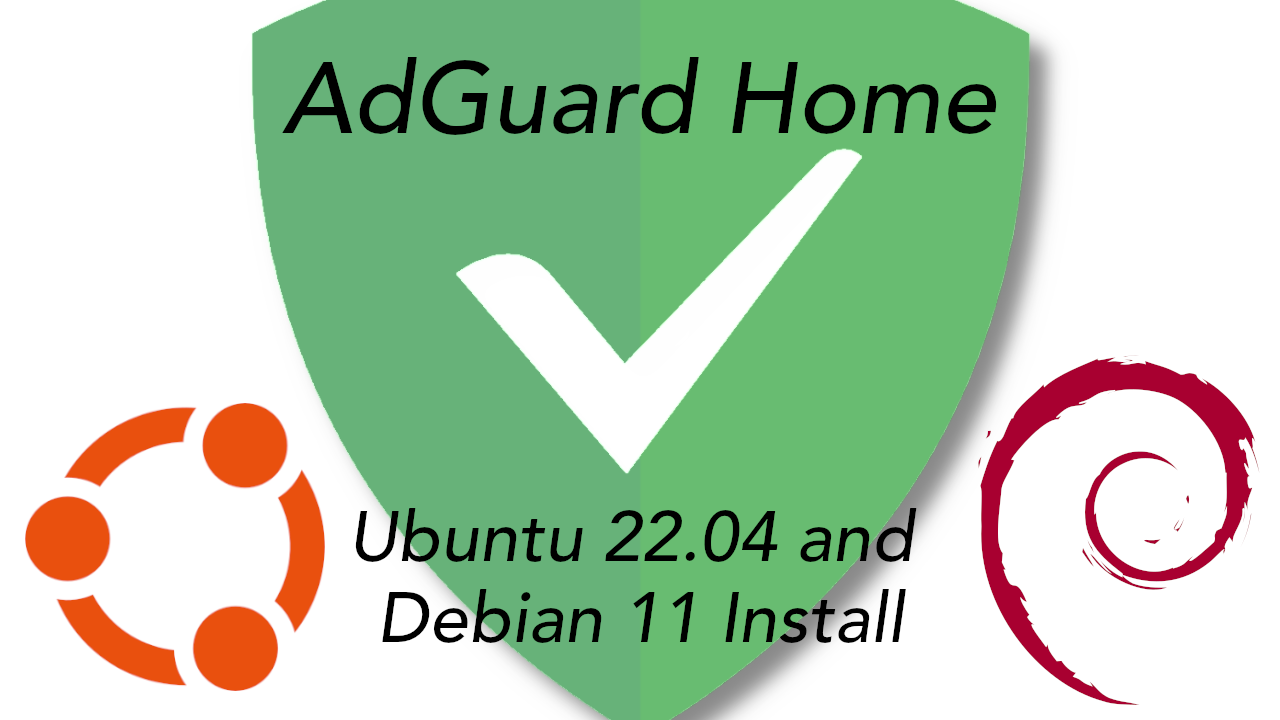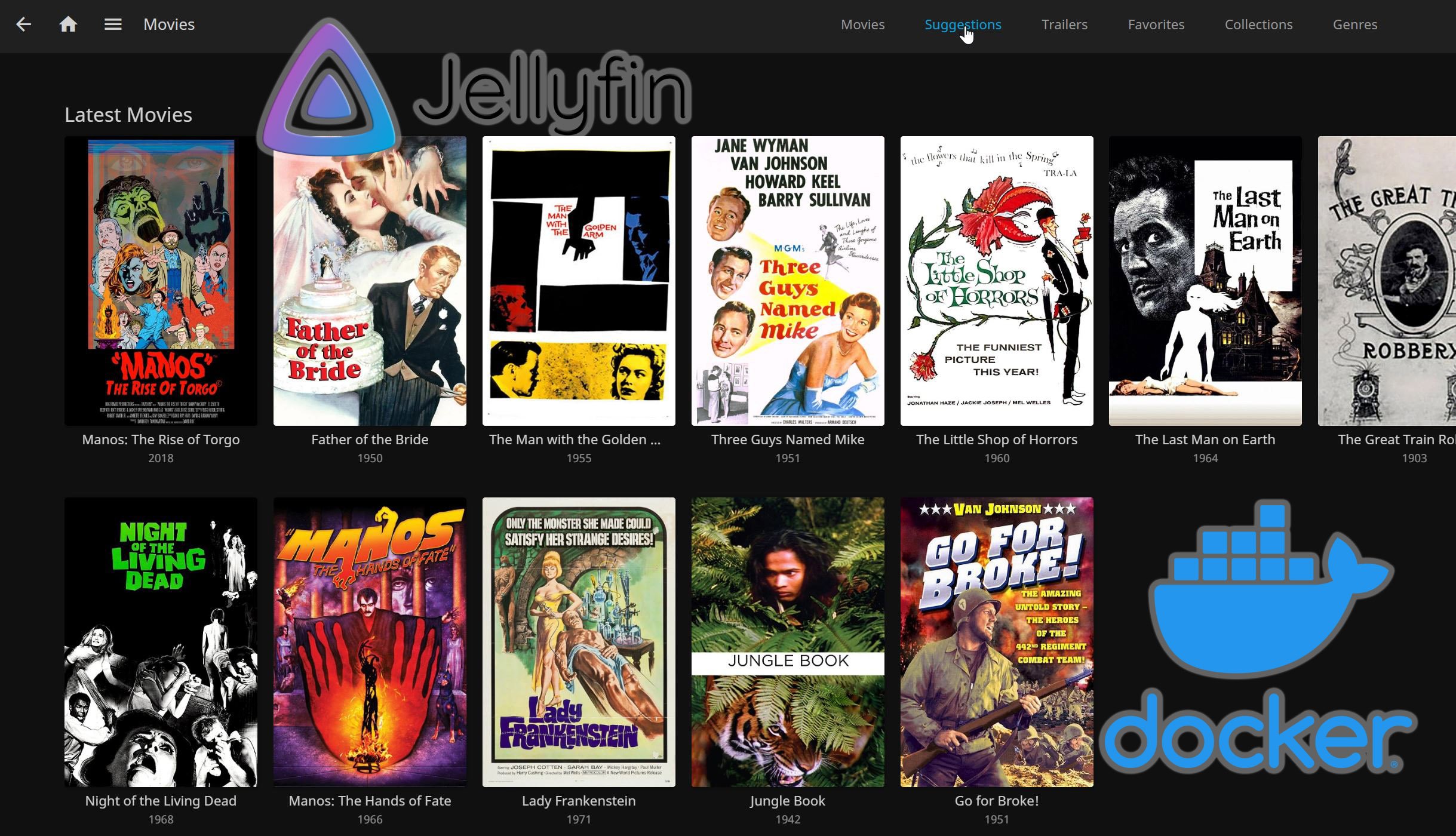Recently, I shared a brief comparison of Digital Ocean vs Synthesis vs GoDaddy and why switched to Digital Ocean's VPS. Running my WordPress site on Digital Ocean's VPS definitely made my site faster and more responsive than any other hosting solutions I have tried. On top that, I have the whole server for me to toy with and implement things I like without any restrictions. In this post, I am going to go a bit more into detail and list 10 reasons comparing Digital Oceans vs Synthesis (a managed WordPress host) and why I chose to move to Digital Ocean's $5 VPS with LEMP Stack.
Table of Contents
Digital Ocean vs Synthesis
1. Cost
There is really no comparison of Digital Ocean vs Synthesis here. The most basic WebSynthesis plan costs $27 while Digital Ocean costs only $5 a month. Even better, use this link to open a free account and get a $10 credit (that's 2 months free). But wait there is more, you only pay for the time the server is running, so you could end up paying less than $5 a month.
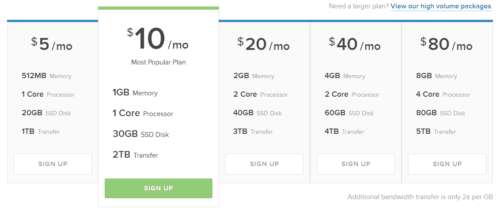
2. Philosophy
One of my major issues while trying out WebSynthesis was their philosophy of optimizing content origin and undervaluing edge caching (CDN). While I agree that the content source should be optimized, I believe that edge caching, which focuses on delivering content to visitors from locally located servers, cannot be ignored. In my tests while on Synthesis, I did find a definite improvement in pagespeed while using CloudFront.
While WebSynthesis offers a Pro version of W3 Total Cache, I found that to offer little or no improvement in speed. Furthermore, the recommended settings does not include minifying or using a CDN. I was getting the same pagespeed as what I got on GoDaddy with W3 Total Cache and CDN, only now I was paying 5 times more. To me what difference does it make which route you take (origin caching vs edge caching) when the visitor see the page load in the same time. Digital Ocean on the other hand has no such restrictions. You are free to use your VPS however you want. The improvement in speed I observed on Digital Ocean has only gotten better since my initial move.
3. Flexibility
To me, this was one of the biggest factors that in me choosing Digital Ocean vs Synthesis. With a basic Synthesis account, you can only do one thing: host only 1 WordPress site period. Even with that one WordPress site, there were restrictions on what plugins you could or could not run. Many useful plugins such as Broken Link Checker, WP Optimize, SEO ALRP, were discouraged because they might consume resources. On Digital Ocean I am now running all of those plugins and more. I ended up fully utilizing the potential of W3 Total Cache with Page cache, Browser cache, Object cache, minify, and CDN enabled. Even with 30 plugins, my site easily loads in less than 2 seconds. Of course, there are other optimizations and caching methods that helped. But the point is Digital Ocean gives me the flexibility to do what I want to do.

4. A New Toy
I like to have complete control over some of the things I like to do. Running a Digital Ocean VPS is like running a full-fledged Linux home server, only faster, faster, more responsive, and stable. Being a full Linux server, I have complete control over setting up backup schemes if I preferred. And running Webmin makes system administration chores a breeze.
If you prefer to let Digital Ocean handle backups, you can setup automatic backups costs just a tad bit more. Their snapshots and backups make it duplicating your VPS instance a matter of few clicks. If something goes awry you can restore a snapshot or a backup in minutes. Synthesis on the other hand has backups but I had limited control and the whole process was not very clear to me. [Read: Automatic MySQL database backup on GoDaddy shared hosting]
5. Expandability
With WebSynthesis, expandability means upgrading to a higher plan which costs about $97 for the next level. With Digital Ocean expandability means scaling up the resources when needed. Going up to 1 Gig of ram or multi-core processors costs only $5 to $10 more per month. Running this 6000-pageviews a day blog on Digital Ocean's $5 VPS did not even cause a dent on CPU usage. So, I am not even looking at scaling up my resources at this point.

6. VPN and Security Options
Again, Synthesis allows only one thing: hosting WordPress sites. While Synthesis does have other security measures enabled in the background, with my own LEMP stack on Digital Ocean I can setup self-signed SSL certificates, put certain sections of the blog behind HTTP authentication. I can even run OpenVPN server for secure browsing from my laptop while I am travelling.
7. Speed
Needless to say, my previous comparison of Digital Ocean vs Synthesis and my recent article on using Self-Hosted CDNs, clearly shows the sub-2-second speeds I have been able to achieve. PageSpeeds are one thing but there are other areas where Digital Ocean has impressed me with its speed. It takes only 55 seconds to deploy a VPS server, can you believe it?

My WordPress admin area is more responsive, server upgrades are faster, backups are faster, and the list goes on.
8. Non-WP sites
This was another deal-breaker for me. What do I do with my non-WordPress sites? I did not want to maintain two separate servers for hosting my WP and non-WP sites. Digital Ocean vs Synthesis, lets you host both WP and non-WP sites without any restrictions.
9. Digital Ocean Community
One of the biggest limitations of Digital Ocean vs Sysnthesis is that unlike WebSynthesis, Digital Ocean VPS is unmanaged. Meaning you are responsible for everything when it comes to server installation and maintenance. But Digital Ocean recognized this and they have built a solid online community that has guides for almost anything and everything. In fact, if you Google any keywords related to setting up a Linux web server, Digital Ocean's articles normally are on the top of the results.

I think this gives Digital Ocean a definite competitive advantage over its competitors such as Linode. I was seriously considering Linode before I stumbled upon Digital Ocean's price and community.
10. No Limitations
With Digital Ocean, you are limited only by your knowledge and skills. You are free to do what you want. Whether it is running a proxy for anonymity, installing CouchPotato, Sick Beard or NzbDrone, or even running your own Usenet indexer. You could even setup NZB and torrent downloads such as SABnzbd, Transmission, Deluge, or qBittorrent but I do not see the benefit of doing this in a remote server.
Conclusions
My objective here is not to bash Synthesis. Clearly Digital Ocean and Synthesis are targeted at different audiences. Digital Ocean is for developers and enthusiasts who want their own server and want to tweak it to their liking and Synthesis focuses on bloggers who want to only create content and not worry about managing their server. Some might say, this post is a comparison of apples vs oranges. But I am just sharing my experiences on what hosting environment satisfied my needs and in what ways. I do not see myself moving from Digital Ocean for a foreseeable future. For my purposes and for what Digital Ocean offers, there is no comparison of Digital Ocean vs Synthesis.

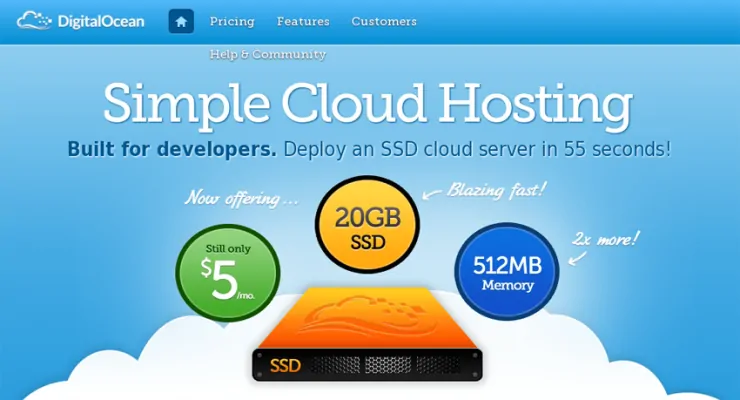
![Ultimate Docker Server: Getting Started with OS Preparation [Part 1] Docker Server Tutorials 1 OS Preparation](https://www.smarthomebeginner.com/images/2024/01/Docker-Series-01-Intro-and-OS-Prep.png)
